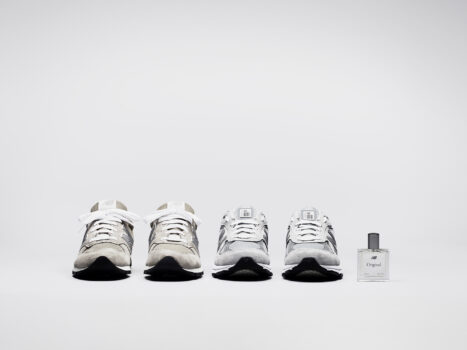 Ashley Stewart is a plus-sized women’s clothing retailer in the US. It was founded Brooklyn in 1991 and profit was once a foreign word for the business, which lost millions each year.
Ashley Stewart is a plus-sized women’s clothing retailer in the US. It was founded Brooklyn in 1991 and profit was once a foreign word for the business, which lost millions each year.
In 2013 Ashley Stewart was headed for bankruptcy — its second in three years — when a new CEO stepped in to try save the jobs of around 2000 minority women employed in the chain’s stores.
James Rhee, a former high school teacher and private equity investor, was on the retailer’s board at the time. He resigned in August 2013 to take up the role of CEO, expecting to stay for six months to see the company through its imminent collapse.
“There is a big difference between a brand and a business,” Rhee said, speaking at the NRF Big Show in New York earlier this year about his decision to take on the position. He described the former Ashley Stewart as, “not a business with integrity”. The brand, on the other hand, “stood for kindness and embodied community”.
Rhee described visiting stores and seeing, “something that wasn’t on paper” which convinced him the brand was worth saving. He saw women helping each other shop, dressed casually, without make-up and a sense of community.
“This was going to be generous business and a business of honour,” he decided.
“For the next six months, leading up to our March 2014 bankruptcy filing, we relied on math, changing the company culture, a mission-driven dedication to our core customer, transparent communication, lean processes and – yes – kindness,” Rhee wrote in the Harvard Business Review.
The company began by cutting, “everything that wasn’t relevant to her”.
“It was the beginnings of a very customer-centric approach,” said Rhee.
Anything that didn’t impact the women visiting their stores was ditched, Rhee shut down the C-suite offices and moved into a cubicle, corporate headcount was cut by 40 per cent, and around 100 stores were shuttered.
Rhee took the company through its second bankruptcy and it emerged on April 23, 2014 as part start-up, part hedge fund and part fashion retailer.
Today, Ashley Stewart has an adjusted EBITDA approaching $20 million, e-commerce has grown 65 per cent, and it has one of the world’s most engaged Facebook followings, Rhee said.
“The only thing that matters is the relationship with the customer, and that is hard to quantify,” Rhee said.
This article was originally published in Inside Retail’s February magazine, click here to subscribe.






